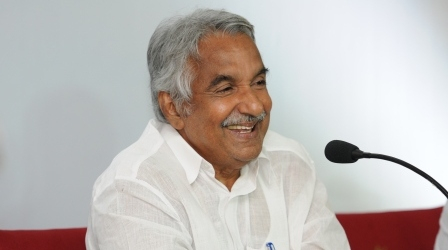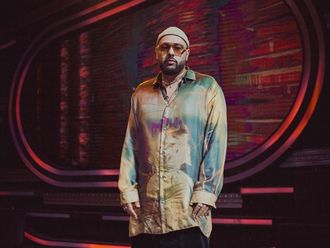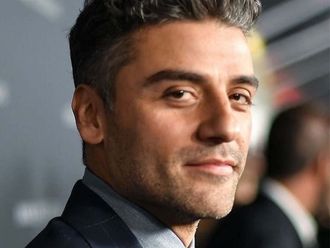
Often referred to as the man of the masses, Oommen Chandy, Chief Minister of Kerala, has changed the way politicians interact with their constituents.
By travelling to 14 districts and listening to the problems of his people, often for 18 hours at a stretch, he has been able to implement a more responsive administration — one he hopes will help him win a second term when the state goes to the polls next year. Particularly close to his heart are issues affecting the non-resident Keralite (NRK), who will for the first time have a hand in deciding the chief minister without having to cast their ballot in person.
Ahead of Onam, Chandy talked to GN Focus about some of the issues facing the NRK.
Happy Onam. With NRKs playing a large role in Kerala’s economy, how do you plan to keep them rooted to their homeland?
Onam greetings to Gulf News readers. The NRK and his hard-earned money forms the backbone of the state’s economy, with contributions touching Rs1 trillion (about Dh56.2 billion). But we’d like them to invest more productively and in sectors best suited [to] Kerala. With their exposure to global changes, NRKs helped the state to change its perspective on development too.
This government stood by NRKs especially in difficult times such as the Nitakat [nationalisation] issue in Saudi Arabia, the earthquake in Nepal and nurses coming back from Iraq, Libya and Yemen. It extended the maximum possible help. After the Malayali nurses returned from the strife-torn countries mentioned earlier, we identified [others] willing to return, and the Non-Resident Keralites’ Affairs Department (NoRKA) tied up with hospitals within and outside the country to provide placements for them. We’re also engaging the Overseas Development and Employment Promotion Consultants, a government agency, and NoRKA for the recruitment process.
What other schemes are aimed at NRKs?
It was Kerala that started a department for expats for the first time in India, followed by the Union government and other states. Projects aimed at their welfare and security include pension, accident insurance up to Rs200,000, a welfare fund, the Karunyam scheme that provides financial assistance for the repatriation of the remains of NRKs who die abroad or in India outside of Kerala, and the My Village, My Dream programme for NRKs to develop their villages.
NRKs will be allowed to vote remotely for the first time in October’s local polls. What preparations have been made?
NRKs voted in the previous assembly and Parliament elections as well, though the numbers were limited. They’ll have to visit the state to cast their votes for the civic body elections. We proposed the online system due to the practical difficulties faced by NRK voters. But it won’t be in place for the upcoming local body by-elections due to the State Election Commission’s inability to implement it in such a short time. We’re hopeful things will change by the next assembly elections.
Voting rights should help NRKs draw attention to their problems. How do you see this changing their role in Kerala politics?
In a democracy, the more the participation the better will be the outcome of elections. This being the case, NRK votes will add further value to our democratic system and ensure voting rights to all citizens, irrespective of their location. Their voting right will make political parties contemplate on issues pertaining to NRKs.
What do you have on offer for international tourists visiting the state during Onam this year?
The season is one of the best times to visit Kerala with plenty of sunshine after the monsoon rains. The government is hosting week-long state-wide Onam celebrations with Thiruvananthapuram as the focal point. The tourism department is organising most of the programmes. Various sociocultural organisations will join hands with government departments to present traditional games, floral design competitions, theatre and music. The official celebration concludes with spectacular pageantry in the capital.










